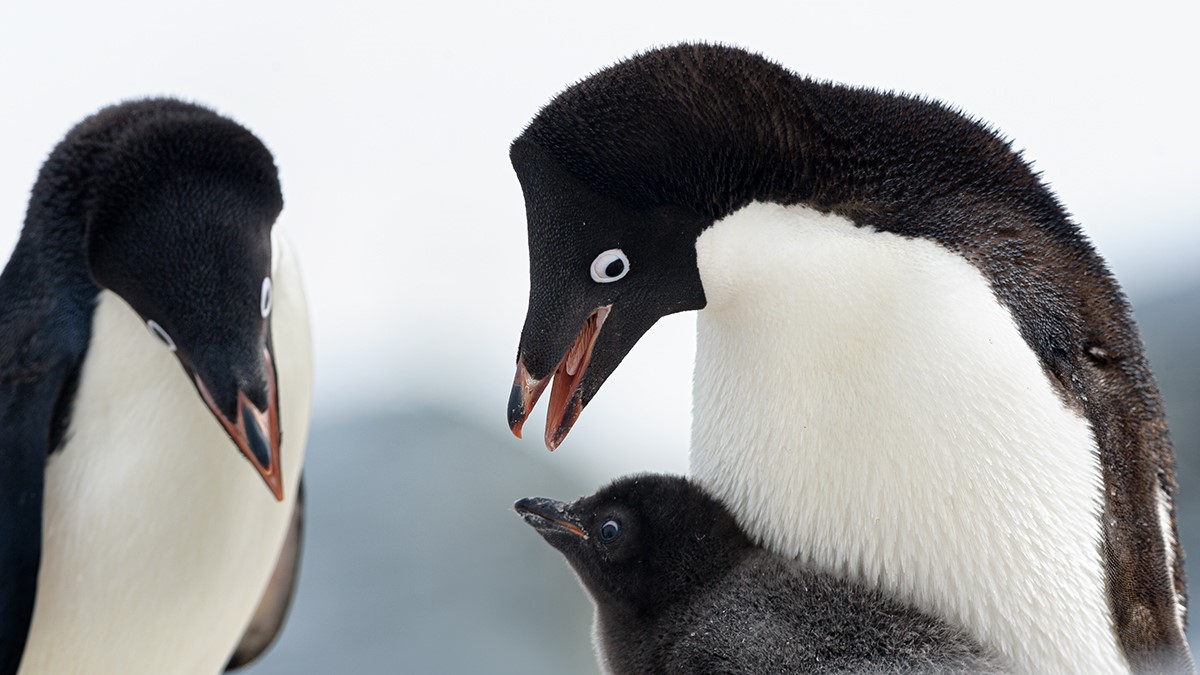News release
From:
Insights into penguin evolution
New insights into the evolution of penguins are revealed in a study published in Nature Communications. The findings aid our understanding of how penguins transitioned to a marine environment and how animals can adapt to the most extreme environments on Earth.
Penguins originated more than 60 million years ago, and have evolved a highly specialized marine body plan; before the formation of the polar ice sheets, they had already lost the ability to fly and were capable of wing-propelled diving. Previous studies have highlighted the diversification of modern penguins, but are limited by sampling issues and have not yet integrated extinct species.
Theresa Cole and colleagues analysed datasets combining genomic data from all living and recently extinct lineages with data from fossils to reconstruct the evolutionary history of penguins. The authors show that penguin diversification was driven by global climate oscillations between cold and warm periods that led to populations of individual species contracting and then expanding throughout the Southern Ocean. They also suggest that penguins have among the lowest evolutionary rates observed among birds to date and that these rates are negatively correlated with environmental temperature. The authors examined the evolutionary process of individual genes between penguin lineages, and identified genes that may play a role in thermoregulation, oxygenation, diving, vision, diet and body size.
Their analyses suggest that penguin ancestors tuned their colour vision and visual sensitivity to better match the ambient blue light of the ocean.
The authors caution that given the limited habitat and current pace of warming in the Southern Ocean, their findings raise questions about the adaptive capability of penguins in the near future.



 Australia; New Zealand; International; VIC; SA
Australia; New Zealand; International; VIC; SA



